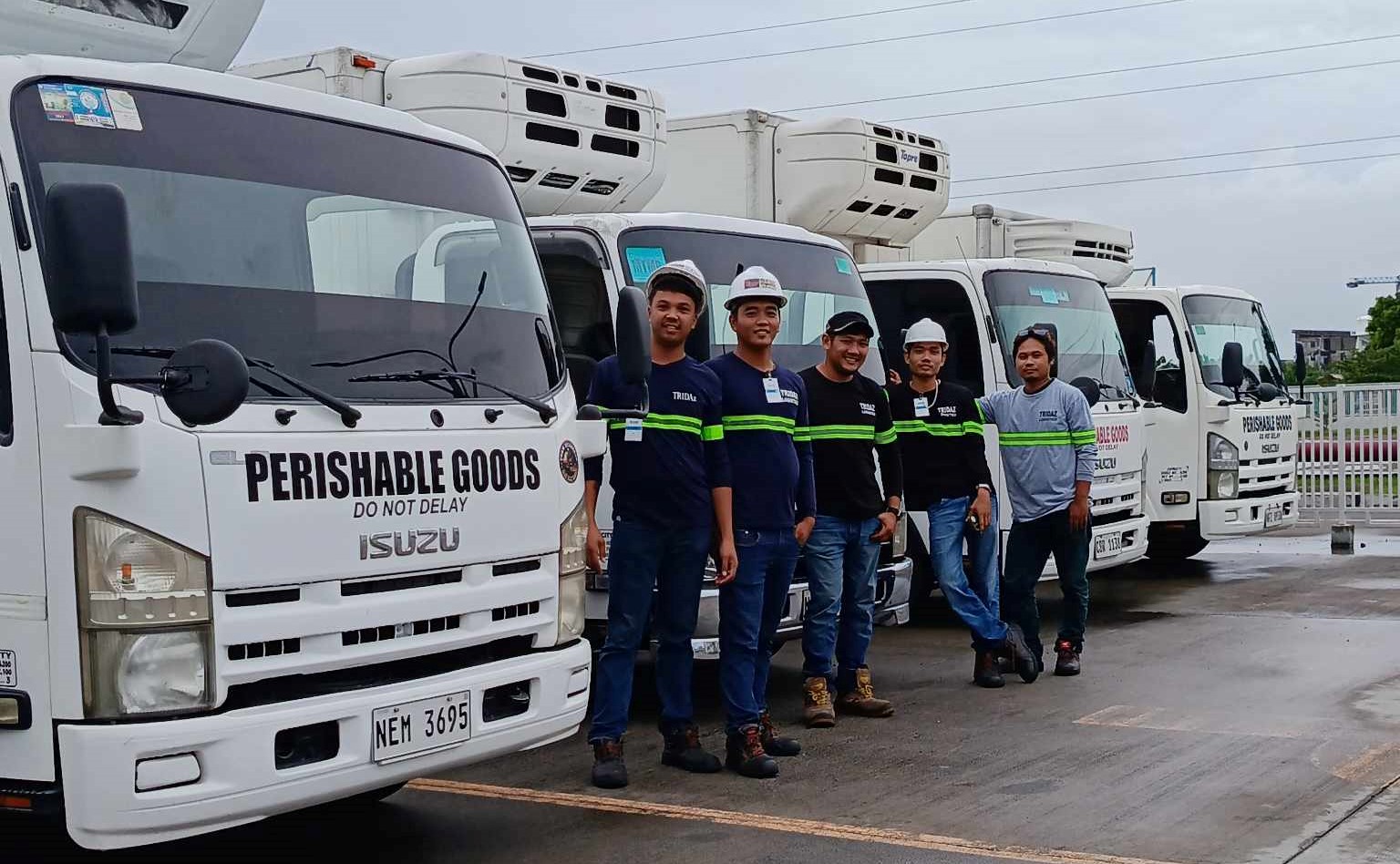
The Essential Guide to Refrigerated Trucking: Ensuring Cargo Safety and Efficiency
Refrigerated trucking company haul freight that requires temperature-controlled transportation. Reefer Van have a built-in cooling system to maintain temperatures throughout the journey to ensure cargo safety. A refrigerated van can typically handle any temperature setting, including keeping things frozen, regardless of outside conditions. This protection is critical in warm-weather climates when shipping produce, frozen goods, or non-perishable items.
- Driver responsibilities: Reefer drivers have additional responsibilities beyond normal truck driving. They have to check the internal thermometer frequently as most goods transported in refrigerated trucks have require temperature control. When temperatures fall outside those parameters, drivers must adjust the thermostat. They’re also responsible for inspecting the thermometers and other cooling equipment and sometimes loading and unloading.
- Pros of refrigerated trucking: In the refrigerated trucking business, goods must be handled, stored, loaded, and unloaded properly to minimize damage and spoilage. Distribution centers, food processing facilities, and grocery chains typically handle thousands of pounds of cargo every day, so they tend to be well-organized and efficient. This makes loading and unloading much easier. Refrigerated trucking is also in high demand, commands better rates, and reduces deadhead miles.
- High demand and job security: Reefers are almost always in high demand. There's always a demand for fresh food and moving products to market quickly, even during economic downturns. Refrigerated trucking was one of the cargo types that rebounded fastest from pandemic declines. The demand for reefers means that no matter the climate, job security is excellent and drivers are consistently in moderate to high demand.
- Fewer deadhead miles: One of the biggest benefits of reefers is flexibility. You can also haul dry products. Combine that with the high demand for refrigerated trucking, and you can greatly reduce deadhead miles. If a refrigerated load isn't available when you need to move, just shut off the generator and run the Truck dry. This flexibility can help you expand your business, reduce deadhead miles, and generate more revenue.
- Highly protected cargo: Even though refrigerated trucking requires more monitoring to maintain a stable temperature, drivers benefit from the extra protection reefers provide. Designed to haul much more sensitive cargo like perishable goods, they're better equipped to protect the products from spoilage and damage.
- Identify temperature requirements: Always remember to confirm temperature requirements for all reefer loads.
- Ask these questions: 1. Is it frozen, or does it just require refrigeration? 2. Do you need to limit or maintain heat? 3. What is the acceptable temperature range? If your cargo is perishable, we also want to check the expiration date and time frame for delivery listed in the lading instructions. Cargo recipients might refuse to accept a shipment if the dates have passed. Make sure you can deliver within the time frame before taking a load.
- Pre-cool your Reefer Van: Leave enough lead time to pre-chill your reefer and make sure it reaches the right temperature before arriving at the pickup destination. This helps avoid long wait times in the refrigerated trucking industry.
- Load reefer Cargo quickly: While you have to load cargo carefully to avoid damage, you also have to load it quickly and efficiently. The longer your trailer doors are open, the harder it is to maintain temperatures inside. Check with the dock manager that your cargo is available and ready to load before you back up to the dock and open your doors.
- Monitor shipments closely: Units should be fitted with temperature gauges and monitoring systems, so you always know your Reefer Vans internal temp. Use climate monitoring tools before pickup and during shipments to keep your Van in the right zone at all times during transport. Redundant monitoring helps avoid spoilage and adds another layer of safety and security.
- Follow unloading procedures: The same strategy applies to unloading cargo. You want to unload Cargo quickly and efficiently, using best practices to reduce any possibility of damage. You will have the same temperature concerns when it is time to unload, so make sure the recipients are ready for the Reefer Van before opening the doors.
Tridaz Specialization as a refrigerated trucking company plays a vital role in the transportation of temperature-sensitive goods, ensuring that fresh produce, groceries, medical supplies, and other perishable items reach their destinations safely. Refrigerated trucks, also known as reefer vans, are equipped with advanced cooling systems that can maintain precise temperature settings throughout the journey, providing critical protection against spoilage and damage. Reefer drivers have additional responsibilities, including monitoring and adjusting temperature parameters, inspecting cooling equipment, and sometimes even loading and unloading cargo. The refrigerated trucking industry offers numerous benefits, such as efficient handling and storage of goods, high demand, better rates, and reduced deadhead miles. By following best practices, such as confirming temperature requirements, pre-cooling the reefer van, loading and unloading quickly, monitoring shipments closely, and adhering to proper unloading procedures, drivers can ensure the integrity of the cargo and contribute to the success of the refrigerated trucking industry.
